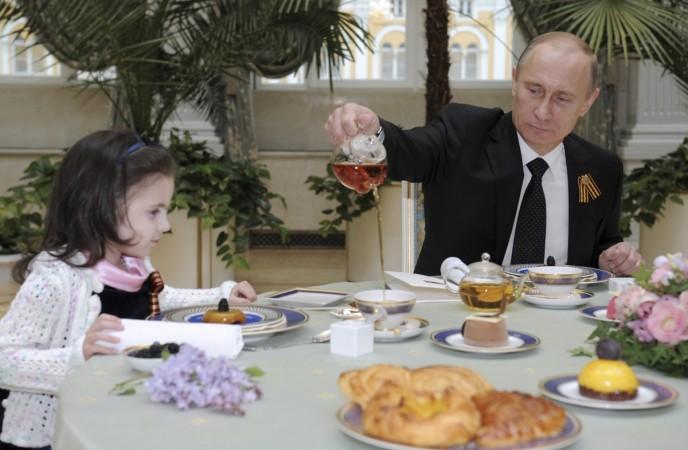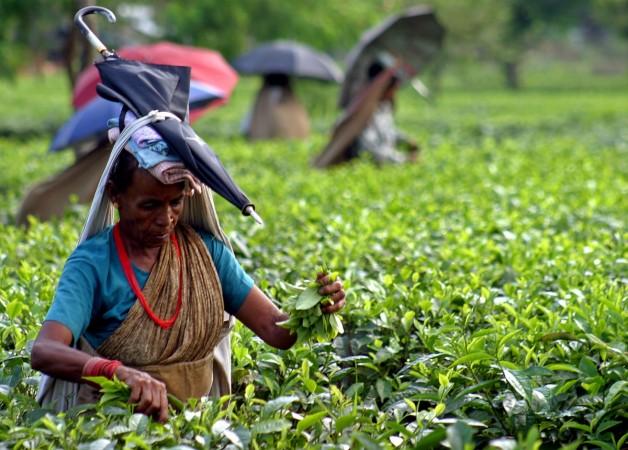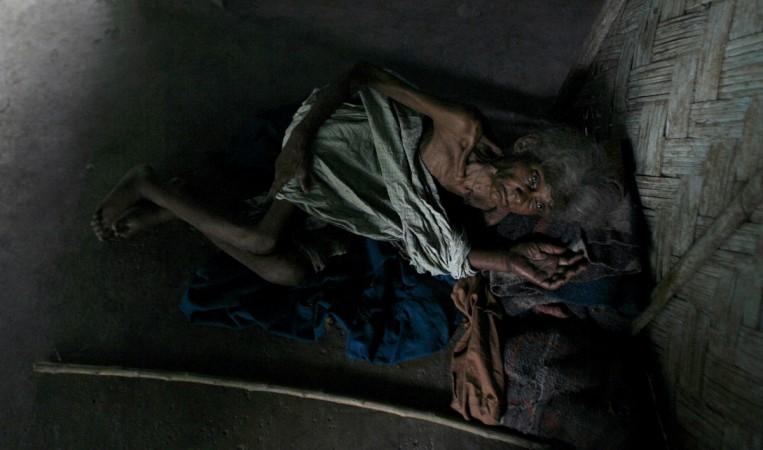Exporters of Indian tea, a prized commodity world over, are coming under severe pressure from the world's largest tea importer, Russia, to cut prices.
The decline in oil prices and the fall in Russian currency ruble have already put the expensive premium orthodox or hand-processed tea, go beyond reach.

Russia imports 98% of its total tea volumes from various countries, but the imports have declined marginally in recent years.
The Russian market is divided into two segments, a small niche market addressing the needs of the upper middle class, and the other, for the mass market. The ruble has tumbled to 54 from 30, against a dollar.
Indian exporters complain that their Russian buyers are pushing them to accept prices that do not even meet the cost of production, reported Economic Times.
Tea is the world's most popular manufactured drink, with consumption equaling all other manufactured drinks in the world – including coffee, soft drinks, chocolate and alcohol – put together.

The Indian tea industry employees 3.5 million people in about 1,500 estates, spread across the north-east and south of the country.
The north-eastern tea varieties from Assam and Darjeeling have their own geographic indicators and are as treasured and valued as highland and Speyside Single Malts from the Scottish lands in the international liquor market.
For the nine months ended September 2014, tea production grew 1.1% to 158.1mn kilogram.

Russian importers of high-end tea complain about prices and seek to drive it down as they see a gradual decline on local consumption that which does not bode well for an economy expected to slowdown this fiscal.
Even as the year saw volumes exported to the Russian Federation increase, prices came under pressure. The ruble has tumbled to 54 from 30 against a dollar, adding to their woes.
Tea exporters see their margins eroding and are aghast that some of their fellow traders are willing to accept lower prices, only to get their products off the shelves.
However, the Russian market witnessed a drop in prices of orthodox tea, and the bearish sentiment spread to the Indian market with prices at ₹192.13 per kilogram from ₹212.74 the year ago.
In recent months, Indian tea estates in the northeast came under scrutiny, where many of its workers were found to be underpaid, malnourished and dying of hunger. In November, workers of a tea estate killed their boss over unpaid wages.

Even as the industry is one of the largest employers, Indian tea pickers are one of the poorest paid, with the average daily wage never going above a dollar. On top of inclement weather, where they are expected to hand-pick tea leaves, running into wild elephants remains a real threat.
As Russia expands its purchase of Indian agricultural and dairy produce, it would be worth revisiting the economic dimensions affecting the Indian tea industry.








![BJP fields Tashi Gyalson for Ladakh; drops sitting MP [details]](https://data1.ibtimes.co.in/en/full/797185/bjp-fields-tashi-gyalson-ladakh-drops-sitting-mp-details.jpg?w=220&h=138)






